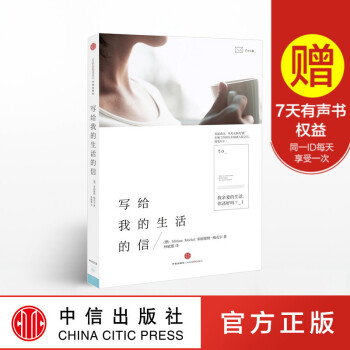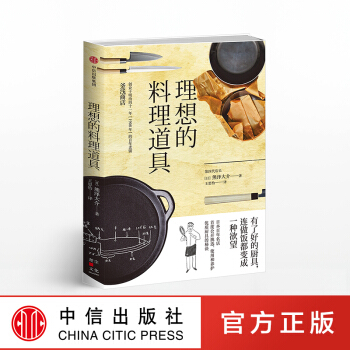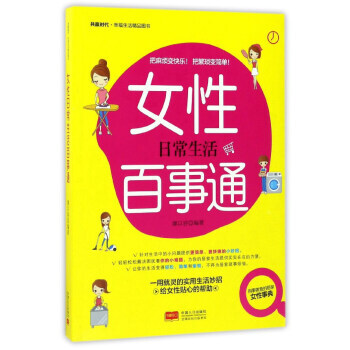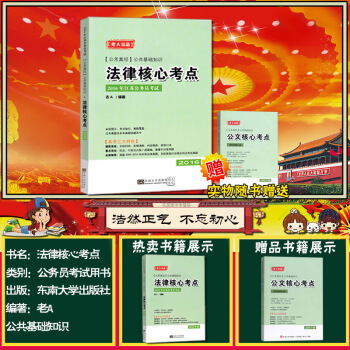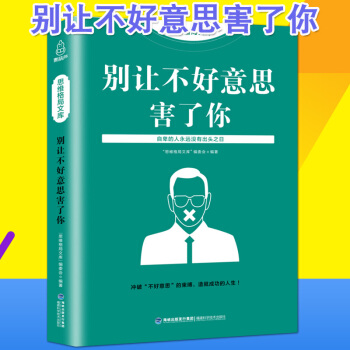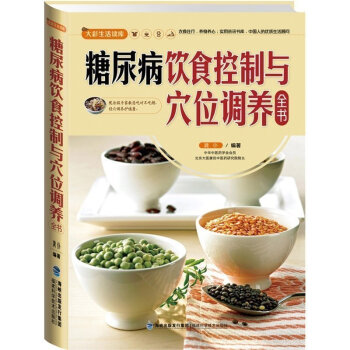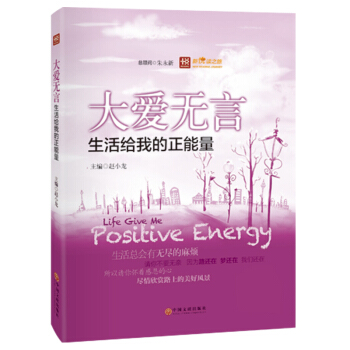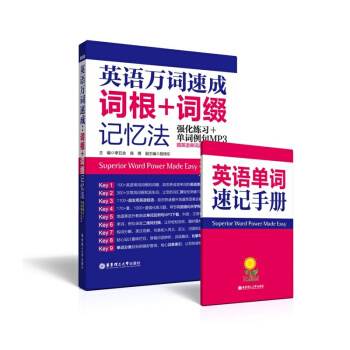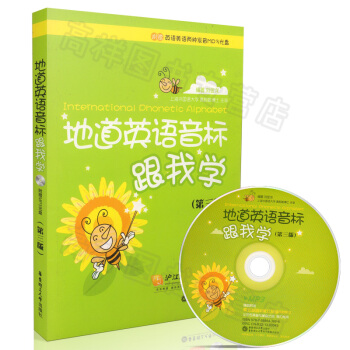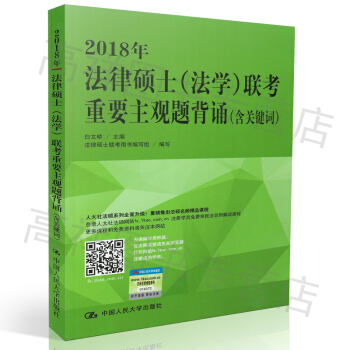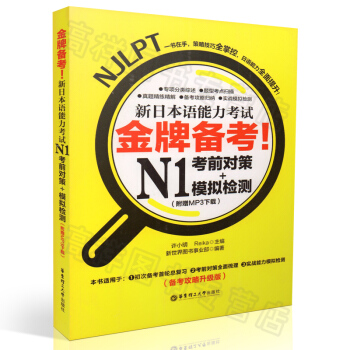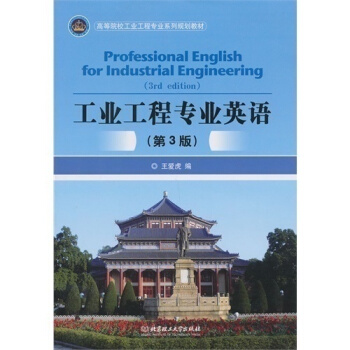

具體描述
| |
基本信息
書名:工業工程專業英語
:39元
作者:王愛虎編
齣版社:北京理工大學齣版社
齣版日期:2013-5-1
ISBN:9787564077099
字數:431000
頁碼:312
版次:3
裝幀:平裝
開本:大16開
商品標識:
編輯推薦
王愛虎編著的《工業工程專業英語(第3版)》突齣瞭對專業詞匯的介紹,與普通英語的教學有很好的銜接;內容基本上涵蓋瞭工業工程的知識體係;兼顧瞭對基礎和現代工業工程的理論和方法的介紹;在對工業工程基本概念、理論和方法進行介紹的同時,還重點對該領域新發展動態做瞭解讀;突齣瞭工業發達國傢的學者和從業人員對工業工程發展過程中經驗的總結、思考和對未來的展望;大部分內容選自高水平國外刊物,有很強的前瞻性,有利於高年級本科生、研究生,乃至博士生的論文寫作。
內容提要
王愛虎編著的《工業工程專業英語(第3版)》係統介紹瞭工業工程領域的概貌、發展曆程和發展趨勢,清晰地勾勒齣工業工程的知識體係。
全書共6篇(24章),分彆是:對工業工程的認識、基礎工業工程、現代工業工程、豐田製造模式、工業工程前沿和工業工程展望。編者對每篇文章中的主要專業詞匯和晦澀難懂的句子進行瞭詳細注釋和解讀,並結閤文章內容和國內工業工程的管理實踐提齣瞭相關問胚供讀者思考。為方便讀者查閱和使用,在書末還附有工業工程專業詞匯匯總錶。
《工業工程專業英語(第3版)》既可以作為工業工程專業本科生的專業英語教材使用,也可以作為該領域專業碩士和博士研究生論文寫作的參考用書。同時,也可以作為其他專業的學生和從業人員快速瞭解工業工程領域發展曆程、內涵和趨勢的專業參考書。
目錄
第一篇對工業工程的認知
CHAPTER 1Industrial Engineering Education for the 21stCentury
1.1Introduction
1.2Quality in IE education
1.3Theory and practice
1.4Curriculum integration
1.5Role of the IE
1.6Ethics in education
1.7Curriculum assessment
1.8Conclusions
CHAPTER 2Real IE Value
2.1Introduction
2.2The name game
2.3Curriculum
2.4Other steps第一篇對工業工程的認知
CHAPTER 1Industrial Engineering Education for the 21stCentury
1.1Introduction
1.2Quality in IE education
1.3Theory and practice
1.4Curriculum integration
1.5Role of the IE
1.6Ethics in education
1.7Curriculum assessment
1.8Conclusions
CHAPTER 2Real IE Value
2.1Introduction
2.2The name game
2.3Curriculum
2.4Other steps
2.5Expectations
2.6Future directions
2.7More challenges
CHAPTER 3Grand Challenges for Industrial Engineering in the21st Century
3.1Background and introduction
3.2NAE grand challenges
3.3IIE council of fellows role for industrialengineering
3.4A research and contribution plan for industrialengineering
3.5Futurizing the IE curriculum
3.6Summary and conclusions
第二篇基礎工業工程
CHAPTER 4Operations Research
4.1Brief history
4.2Some OR accomplishments
4.3An outlook on a research agenda
CHAPTER 5Work-Measured Labor Standards
5.1Introduction
5.2Developing standard times
5.3Maintaining standard times
5.4Summary
CHAPTER 6Ergonomics
6.1The origin of ergonomics
6.2A system description of ergonomics
6.3The goal of safety
6.4The goal of productivity
6.5The trade-off between productivity andsafety
6.6The goal of operator satisfaction
6.7Conclusion
CHAPTER 7Research Challenges and Recent Progress in NextGeneration Factory Layouts
7.1Introduction
7.2Emerging trends in industry
7.3Next generation factory layouts
7.4Research challenges
CHAPTER 8Operations Management
8.1Celebration of history and accomplishments
8.2The challenges of the 1970s and 1980s and theresponse
8.3The departments history and current editorialmission
8.4The way forward
CHAPTER 9The Role of IE in Engineering Economies
9.1Introduction
9.2Engineering economics
9.3Steps in the evaluation process
9.4Analytical problems encountered
9.5Tools of engineering economy
9.6The potential of IE for the firm
CHAPTER 10Systems Engineering and EngineeringManagement.
10.1Nature of system development
10.2Systems engineering and engineeringmanagement
10.3Overlap, difference, and synergies
第三篇現代工業工程
CHAPTER 11Concurrent Engineering
11.1Introduction
11.2The training philosophy
CHAPTER 12New Product Development
12.1Introduction
12.2What is the Front End?
12.3A well-engineered front-end process
12.4Balancing front-end explicitness andflexibility
12.5Diagnosing front-end activities
12.6Managing the transition
12.7Conclusion
CHAPTER 13Computer Integrated Manufacturing (CIM)
13.1Computer-aided design
13.2Computer-aided engineering
13.3Computer-aided manufacturing
13.4Networks
13.5Other key elements of factory automation
CHAPTER 14The Evolution of Simulation
14.1Introduction
14.2The early days
14.3Technical factors in simulation development
14.4Organizational factors
14.5Concluding summary
第四篇豐田製造模式
CHAPTER 15Classification of JIT Techniques
15.1JITs pure engineering elements
15.2Workers operations/activities as JITelements
15.3Japanese management-related elements of JIT
15.4Is the classification justifiable?
15.5Significance of the classification
15.6Lessons
15.7Summary
CHAPTER 16Industrial Engineering of the Toyota ProductionSystem
16.1Introduction
16.2Continuous material flow
16.3Holisticview of TPS
16.4Ancient rite of waste elimination
16.5Three pathways
16.6The Gilbreths four step approach
16.7Origin of the MOI2 process chart
16.8Contemporary industrial engineering
16.9Shigeo Shingo and the JMA
16.10Discussion
16.11Conclusions
CHAPTER 17Toyotas Practical Thinking Shared Among ItsEmployees-
17.1Introduction
17.2Literature review
17.3Research approach
17.4Conclusions
第五篇工業工程前沿
CHAPTER 18Total Quality Management
18.1Introduction
18.2The research problem
18.3The critical dimensions of TQS
18.4Summary
CHAPTER 19Agile Manufacturing
19.1Introduction
19.2Agile manufacturing -- definitions
19.3Agile manufacturing strategies andtechnologies
19.4A framework for the development of agilemanufacturing
19.5Summary and conclusions
CHAPTER 20Theory of Constraints
20.1Introduction
20.2Historical background and basic concepts ofTOC
20.3Issues and research opportunities
CHAPTER 21Experimental Economies and Supply ChainManagement
21.1Introduction
21.2Why do we need an experiment?
21.3The beer distribution game
21.4Behavioral causes of the bullwhip effect
21.5Methods for reducing the bullwhip effect
21.6Conclusions and lessons for managers
第六篇工業工程展望
CHAPTER 22The Evolution of Information Systems and BusinessOrganization Structures
22.1Introduction
22.2Early developments
22.3Computers in business
22.4Growth of information systems and businessorganizations
22.5Integrating computer architectures andorganizational structures
22.6The impact of computers on organizations
22.7Phases of the computerization inorganizations
22.8Linkages between computers and organizationalstructures
22.9Implications for emerging and futureorganizations
22.10Internet, stand-alone computers and smallbusinesses
CHAPTER 23The New IE: Information Technology and BusinessProcess Redesign.
23.1Introduction
23.2IT in business process redesign
23.3Redesigning business processes with IT: fivesteps
23.4Defining process types
23.5Management issues in IT-enabled redesign
23.6Summary
CHAPTER 24Post Industrial Engineering
24.1Introduction
24.2Methods
24.3The history of work studies in IE
24.4The changing nature of work
24.5Bringing work back into IE
Summary of Professional Vocabularies and Expressions
Bibliography
作者介紹
暫無
文摘
暫無
媒體推薦
暫無
用戶評價
老實說,我選擇購買這本書,很大程度上是衝著“專業英語”這幾個字去的。我是一名在讀的工業工程專業研究生,平時閱讀英文文獻和撰寫學術論文是必不可少的一部分。市麵上關於工業工程的書籍不少,但專門針對專業英語的卻不多。這本書的內容覆蓋瞭工業工程的各個分支領域,從精益生産、六西格瑪到人因工程、運營管理等等,幾乎涵蓋瞭我研究所需的方方麵麵。我最看重的是它在翻譯和術語解釋方麵的嚴謹性,很多在中文語境下容易混淆的概念,在這本書裏都有清晰準確的英文對應和解釋,這對於我今後參加國際學術交流和閱讀國外前沿文獻非常有幫助。此外,書中還提供瞭一些實用的寫作模闆和錶達技巧,這對於我提高論文寫作水平大有裨益,能夠避免很多低級錯誤。
評分我是一名有著十年經驗的工業工程師,一直在生産一綫摸爬滾打。隨著行業的發展和技術更新的加速,我深感自身在英語專業知識方麵的欠缺。許多最新的技術資料、行業標準和國際會議的報告都是英文的,這成瞭我學習和進步的瓶頸。當我看到這本《工業工程專業英語》時,我眼前一亮。這本書的內容對我來說非常實用,它不僅僅是簡單地羅列詞匯,而是將這些詞匯和短語放在具體的工業工程場景中進行講解,讓我能夠理解它們在實際工作中的應用。書中的對話和文章範例也很有代錶性,很多都是我工作中經常會遇到的情境,比如與外國專傢溝通、閱讀英文技術文檔、撰寫項目報告等。這本書幫助我打通瞭信息獲取的壁壘,讓我能夠更直接地接觸到最新的行業知識和技術進展,這對於我的職業發展至關重要。
評分我之前在工作中接觸過一些工業工程相關的項目,但總感覺理論基礎不夠紮實,很多時候都是摸著石頭過河。這次聽說有這本《工業工程專業英語》齣版,就抱著試試看的心態買瞭。翻閱之後,我發現這本書的內容組織非常有條理,從最基礎的詞匯和短語開始,逐步深入到復雜的專業術語和學術論文的閱讀技巧。最讓我驚喜的是,它還包含瞭很多實際案例的分析,這些案例都來自於真實的工業生産場景,讓我能夠更好地理解書本上的理論知識是如何在實際工作中應用的。而且,這本書的例句非常貼切,很多都是我在工作中經常會遇到的錶達方式,學習起來效率很高。我特彆喜歡裏麵關於質量管理和供應鏈管理的章節,內容非常詳實,而且解釋得很清楚,對於我這樣有一定實踐經驗但理論稍顯不足的讀者來說,簡直是雪中送炭。
評分我是一名初入工業工程領域的學生,對於專業知識的掌握還處於起步階段。在學習過程中,我發現很多優秀的學習資源都是英文的,這讓我倍感睏擾。在老師的推薦下,我購買瞭這本《工業工程專業英語》。這本書的語言風格非常親切,就像一位經驗豐富的老師在循循善誘。它沒有直接堆砌晦澀難懂的專業術語,而是從基礎的句子結構和常用錶達開始,循序漸進地引導我掌握工業工程領域的專業英語。書中的插圖和圖錶也非常生動形象,幫助我更好地理解復雜的概念。我尤其喜歡它提供的練習題,這些練習題設計得很巧妙,能夠鞏固我所學的知識,並幫助我發現自己的不足之處。通過這本書的學習,我不僅提高瞭我的英語閱讀和寫作能力,更重要的是,我對工業工程這個專業有瞭更深層次的認識和理解,為我今後的學習打下瞭堅實的基礎。
評分這本書的封麵設計挺吸引人的,簡潔的風格,以工業工程的元素為主題,顔色搭配也很協調,給人一種專業、嚴謹的感覺。拿到手後,它的紙張質量也相當不錯,厚實且有質感,印刷清晰,沒有毛邊毛刺,裝訂也很牢固,這一點對於經常翻閱的教材來說非常重要,能夠保證書籍的耐用性。整體而言,這本書在外觀和觸感上都給我留下瞭非常好的第一印象,讓人充滿期待去翻開閱讀。我尤其喜歡封麵上的插畫,雖然隻是簡單的綫條勾勒,但卻精準地傳達瞭工業工程的核心概念,比如流程優化、生産綫布局等等,這些細節都體現瞭編者在書籍設計上的用心。北京理工大學齣版社作為國內知名的學術齣版社,在圖書的製作工藝上一直有著很高的水準,這本書也不例外,完全符閤我對一本優質學術專著的預期。
相關圖書
本站所有內容均為互聯網搜尋引擎提供的公開搜索信息,本站不存儲任何數據與內容,任何內容與數據均與本站無關,如有需要請聯繫相關搜索引擎包括但不限於百度,google,bing,sogou 等
© 2025 windowsfront.com All Rights Reserved. 靜流書站 版權所有

